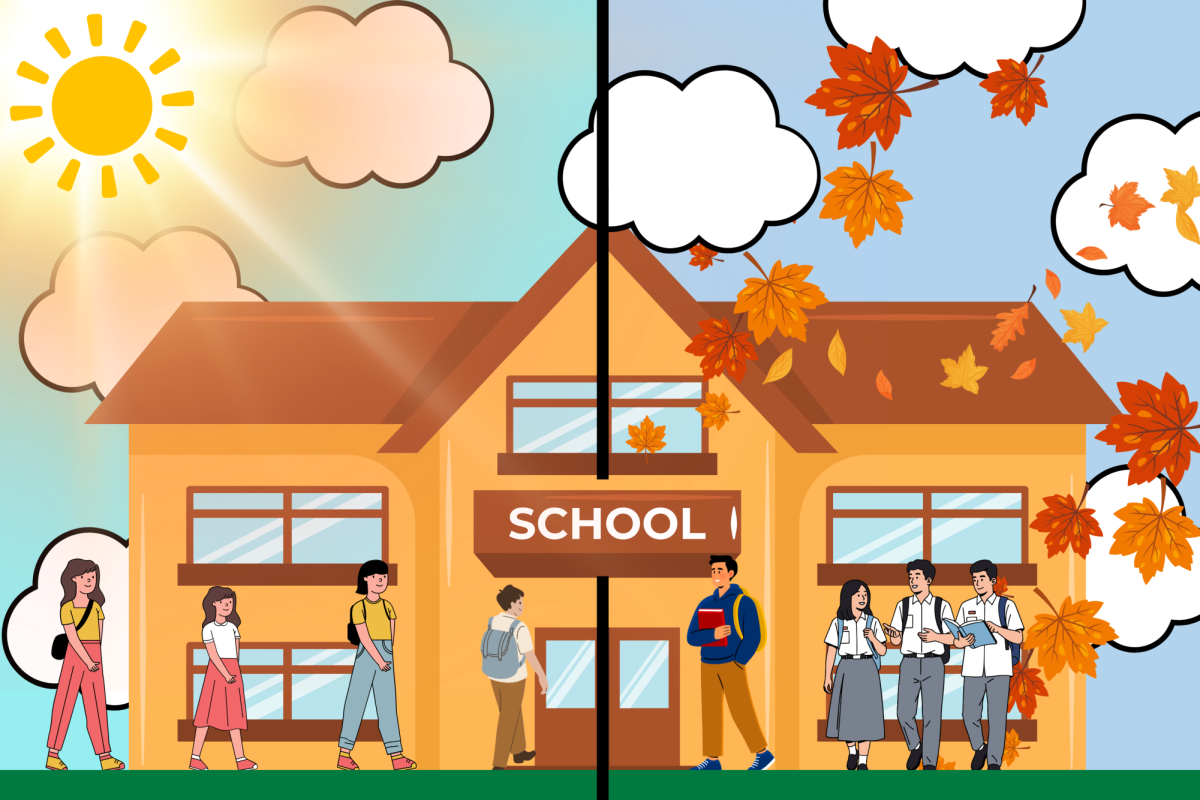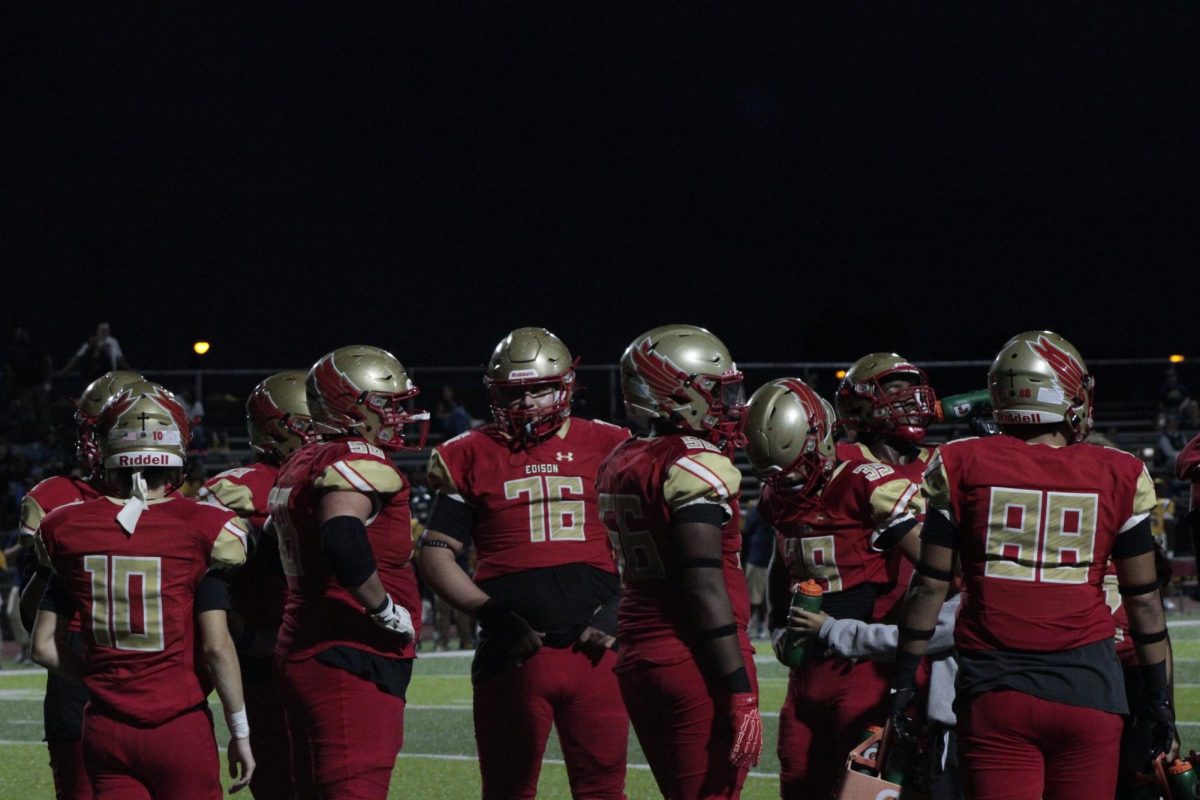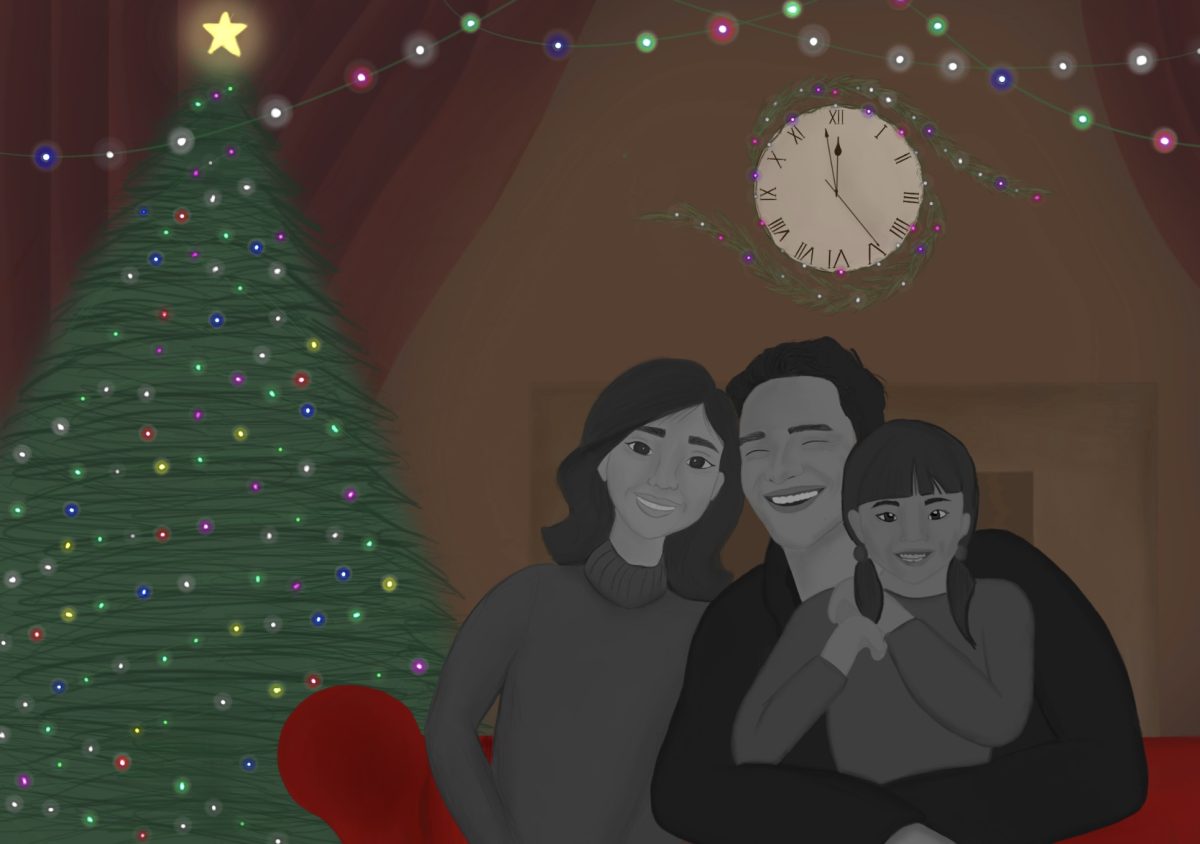People often correlate the months of October through December with joy, celebration, and the general welfare of their community. Activities such as gathering, gifting, and gratitude are the quintessentials of the festive season. Though these traditions do not dissipate, the light that was once gleaming has begun to fade, leaving a feeling of unease. Holiday joy, the positive feeling associated with the holiday season, has declined since the events of the pandemic.
Holidays have experienced a notable shift in desire for shopping and acquiring items rather than bonding with our loved ones and continuing strong traditions. Instead, people have been fixated on finding the most cost-effective deals without consideration of the meaning behind their gestures. Individuals feel the urge to purchase gifts based on the receiver’s requests; however, the buyer experiences a simultaneous sense of dread due to the likelihood that the gift may be unsatisfactory, unnecessary, or frivolous.
For example, your younger sibling may not appreciate clothing. Your grandmother might dislike her new glasses. This is known as commercialization, the process in which goods are sold with the intention of gaining profit only. For instance, during Black Friday and Cyber Monday, people race with the anticipation of attaining their holiday shopping list as quickly as humanly possible. This shift in intention makes the vibe that arises from the festivities feel less significant.
Moreover, social media has had an extensive amount of influence on our daily routines. People constantly daydream about gaining the lifestyle of content creators online who post about their “perfect” and “desirable” lives. Within the season of joy and celebration, our expectations for our own personal pleasure are at an all-time high. The aesthetic Pinterest pictures and Instagram posts coerces people into creating the ideal life that is perceived by viewers—like during the Christmas season when people travel to New York just for the appealing pictures when they ice skate, take pictures with the tree, and overall romanticize their experience. These cheerful traditions and gatherings that most people publicize make us feel as if our experiences are not as exhilarating. In truth, the posts that are fantasized about are not at all accurate when compared to reality: batches of cookies look distorted, gingerbread houses fall apart, festive pictures have gone wrong, etc. The only aspects of the holidays that are shared across the internet are the most impressive, furthermore, making them unattainable.
In this current economy, our hectic lives are occupied by the tasks we need to accomplish on a daily basis. People do not have the mental capacity nor time to savor the holiday spirit thoroughly. Prior to the festive season, there is much more to worry about: shopping, decorating, cooking, cleaning, etc. The preparation for the upcoming season is not only painstaking but also anxiety-inducing. Alternatively, the immense euphoria that should correspond with the best time of year is replaced by our numerous responsibilities.
Finally, a reminder for recollection captures the significance of our holiday morals. Several values include bonding with our loved ones, sharing experiences, and embracing the true spirit that makes this time of year feel extraordinary. By indulging in activities such as receiving and spreading joy, listening to festive music, following our special traditions, performing thoughtful gestures, and much more, we can combat the spread of built up agitation. Establishing genuine connections and creating fond memories could make the holidays feel uplifting once more.
Ultimately, acknowledging the important components, which make the season less pleasurable, assists us in our quest for nostalgia. Shedding white, colored, or blinking lights on the ways we have celebrated this special time of year can be used as a guide to reach the principles of our yearning. Ebenezer Scrooge’s development throughout his experience with the Ghost of Christmas past in Charles Dickens ghost novella, A Christmas Carol, is a good reminder. Comparably, we can use this as an opportunity to reshape the festive season and prioritize the magic of Christmas in hopes of finally relighting the kindle of hope within us.

















































































